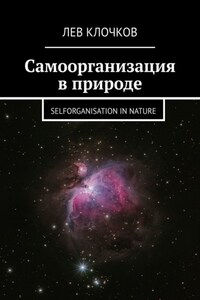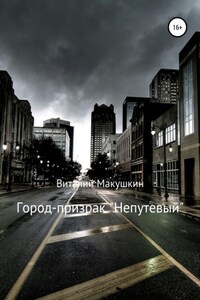Selforganisation in Nature
L. Klochkov
This work is a result of thinking of two generation of amateur philosophers about the nature of humanity, its role in the Universe and composition of the world in general, and a little about what is a Universal Truth. We will provide a basis to justify our claims.
Any complex system, especially as big as our Universe, which has a large variety of objects, aims for an order, in spite of whatever thermodynamics says about small and enclosed systems. In the areas with a large number of objects possessing different levels of complexity, hierarchy always appears.
There have been plenty of attempts to conceptualize hierarchical schemes of the Universe, with their classification by size and complexity being the starting point. Every scheme has its minuses and pluses, and we will not speak about them. We consider the main property of matter to be an internal reflection, related to feeling, perception, and consciousness. On the basis of such a reflection, there is progressive row built: elementary particles-atoms-protein molecules-cells (neurons) -human-?
Elements of such hierarchy, which exhibit combined elements of material substance and internal reflection (essentially, a spiritual phenomenon) and are both a subject and object the same time, we refer to as individuums.
We can very well sense a presence of spiritual in us. Even though all our feelings, thoughts, intentions cannot be measured or detected by physical methods, yet we have no doubt about their existence. We can even imagine these phenomena on the level of living organisms and, with help of a vivid imagination, in amoebas and infusorians. It would be logical to presume presence some faint glimmers of internal reflection in atoms and particles, in spite of our imagination’s inability to do so.
Individuums have an inherent quality of seeking further development either through improvement of their own qualities (for instance, atoms from hydrogen to trans uranium), or through the method of association with other complex individuums. In the process of such association, through many intermediate forms, new individuums are formed, which achieve a higher level of internal reflection; and then, the whole process repeats itself at an even higher level.




